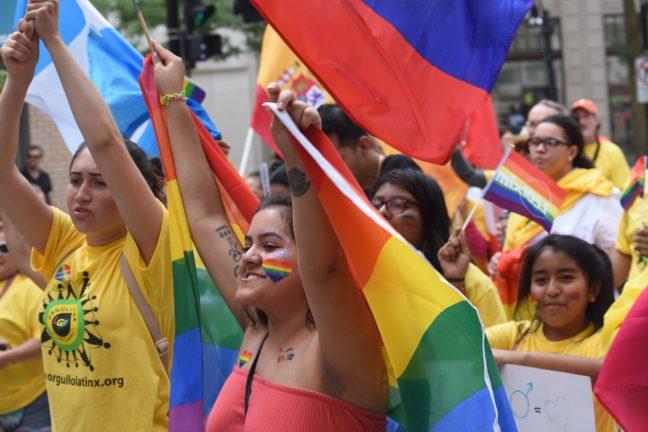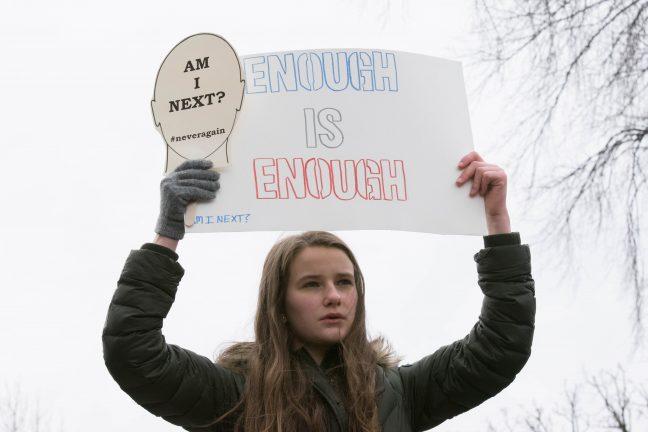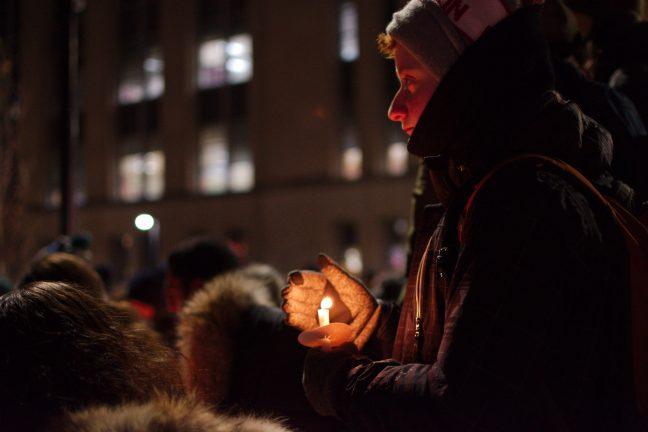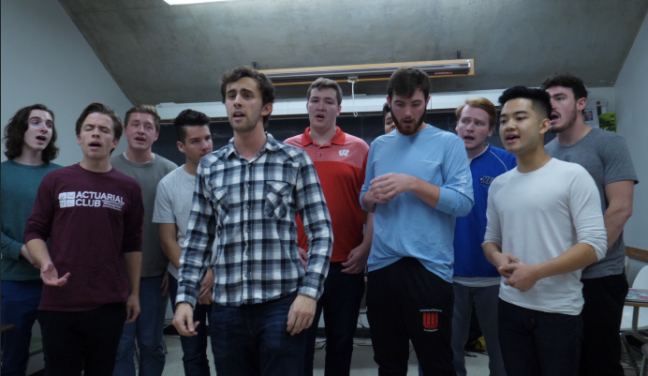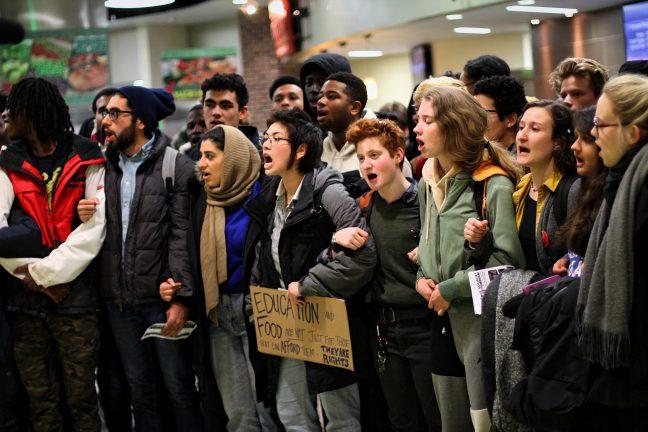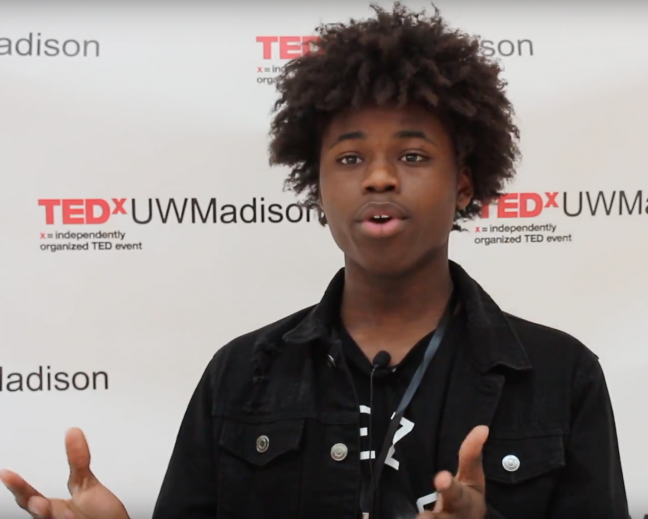On April 22, 1970, former Wisconsin Gov. Gaylord Nelson created Earth Day.
When Nelson founded Earth Day, it set off a new era of environmentalism rooted in teaching and giving back to the planet, according to earthday.org.
This past Saturday, thousands of Madison residents gathered at the Capitol building to rally for change, jobs, justice and the climate for the Madison Climate March.
Perhaps this march will usher in a new era of environmentalism centered on the idea that these issues can be fixed more easily when people work together on one single platform.
How a Wisconsin politician changed the scope of environmental legislation in the U.S.






The march went from the State Capitol building to the Madison Gas and Electric facility on Madison’s east side.
Madison Gas and Electric is one of the leading greenhouse-gas emitters in Madison, according to madisonclimatemarch.org. This is a direct result from generating electricity from nearly 88 percent coal and natural gas sources. A goal of the rally was to pressure Madison Gas and Electric to use more sustainable energy sources.
‘There is no planet B’: Marchers rally to end climate change

Prior to the march, guest speakers touched on topics such as organic farming, labor, social justice and the fight to get Madison Gas and Electric to invest in clean energy.
Beth Esser, a Madison Gas and Electric shareholder and mother of two in Madison, spoke about Madison Gas and Electrics current energy sources.
Tony Schultz, a third-generation farmer who owns Stony Acres Organic Farm, spoke about the importance of sustainable agricultural practices.
David Newby, president emeritus of the Wisconsin AFL-CIO spoke about the needs of labor unions and the importance of job stability leading to environmental change.

Eric Upchurch Jr. (above) of the Young, Gifted and Black Coalition spoke about the importance of uniting social justice movements and the environmental movement.

Jesse Brown (above), a Mayan Indigenous woman who also worked as a medical technician at Standing Rock shared her experiences there and the suffering those protesters underwent for clean water.

And lastly, racial justice advocate Brandi Grayson (above), spoke about the need to fix social inequalities so everyone can focus on environmental change together.
The Madison Climate March was part of the People’s Climate Movement, which is scheduled to take place in Washington, D.C. April 29.




